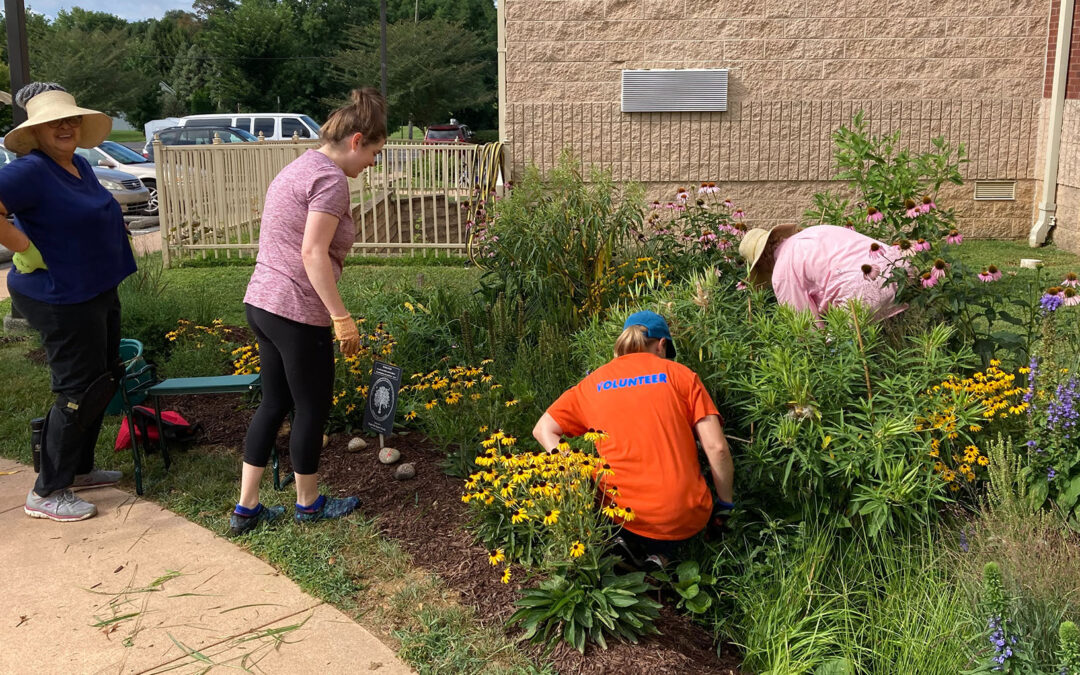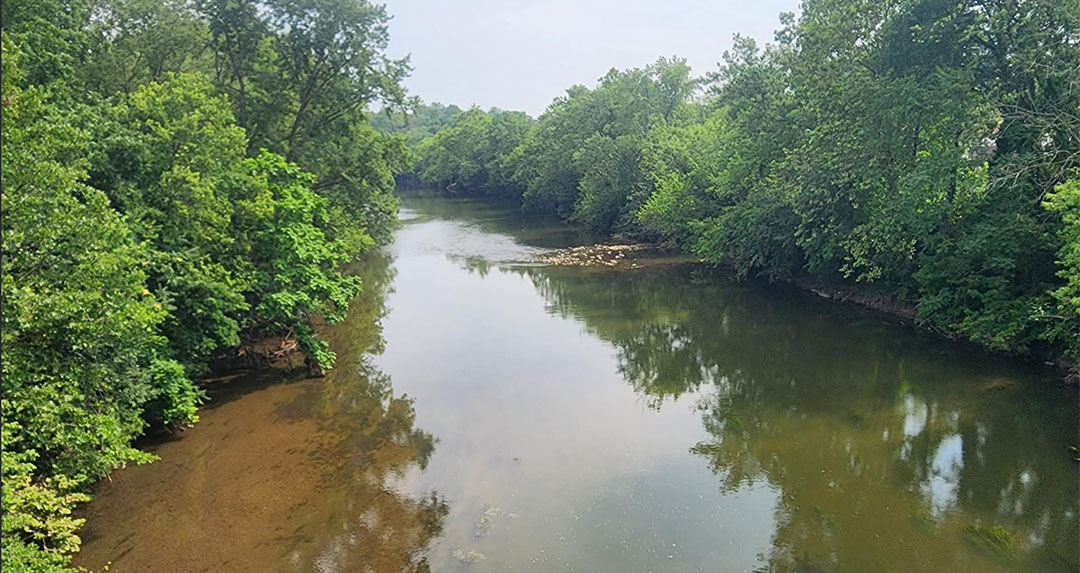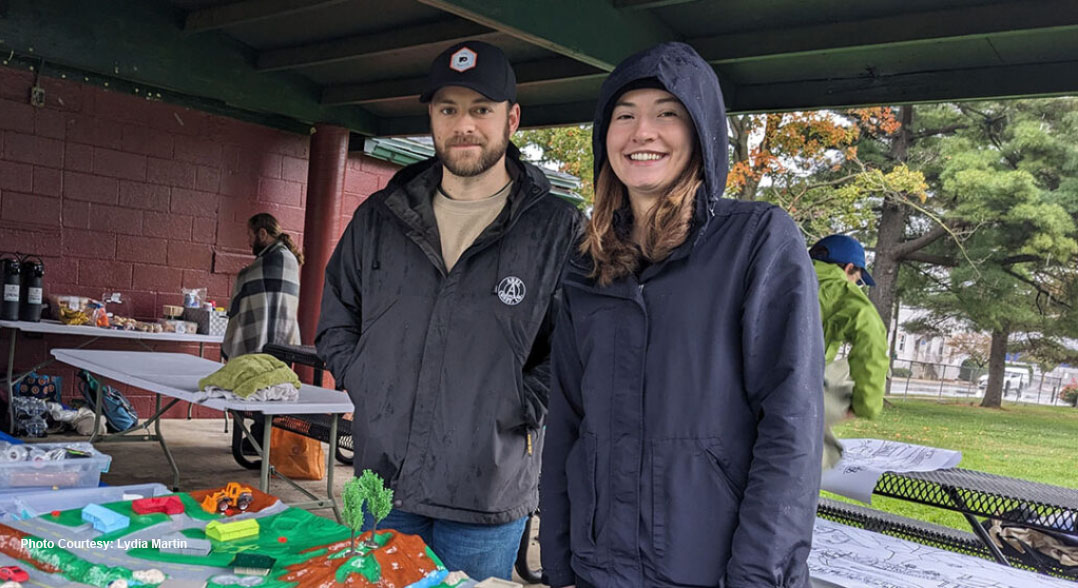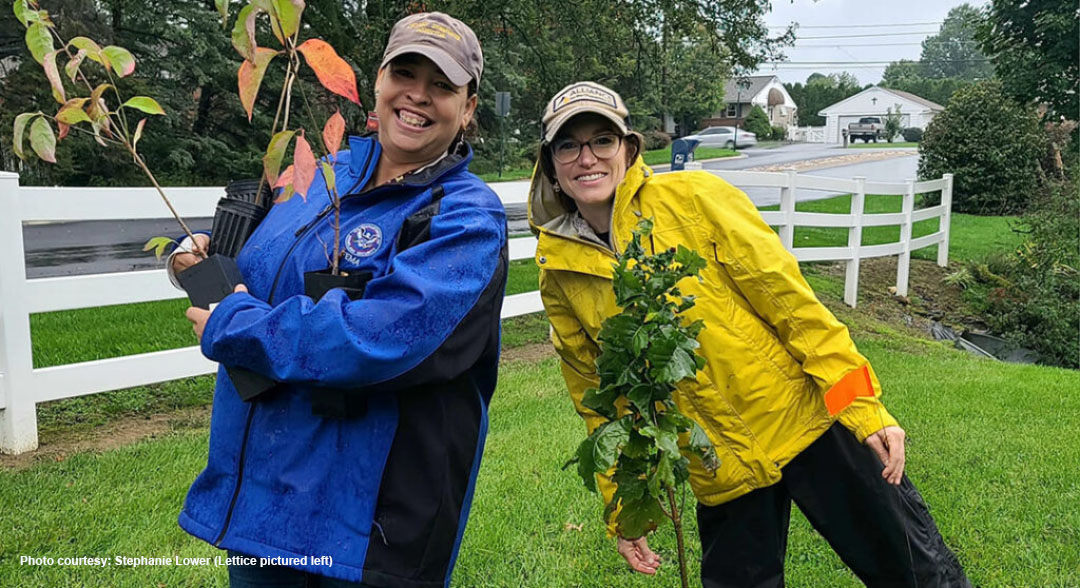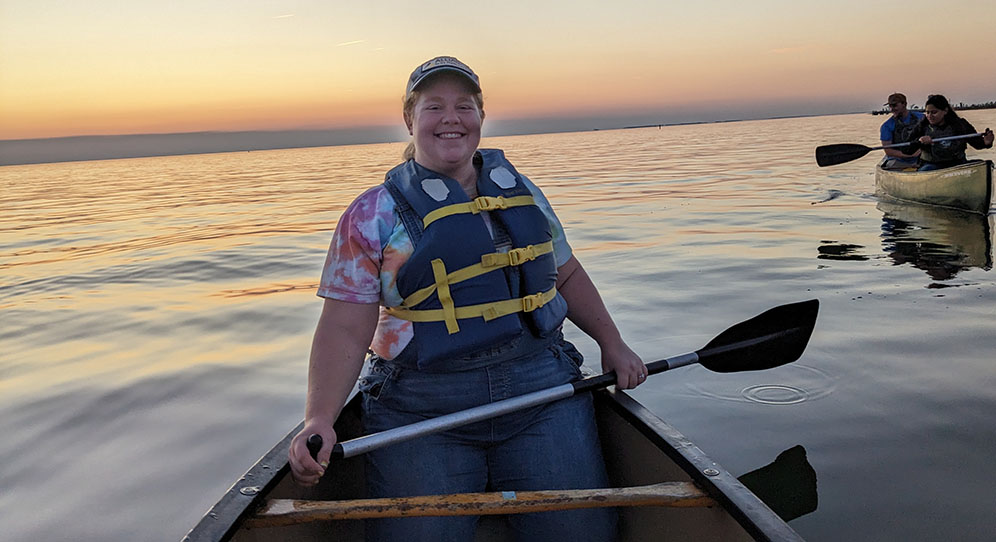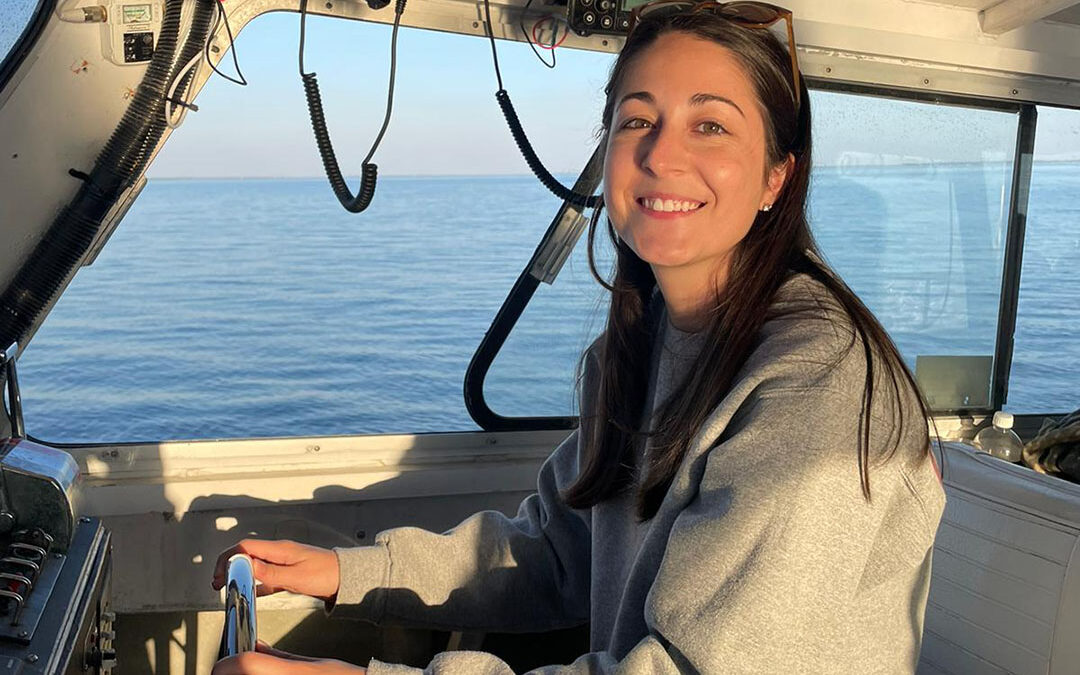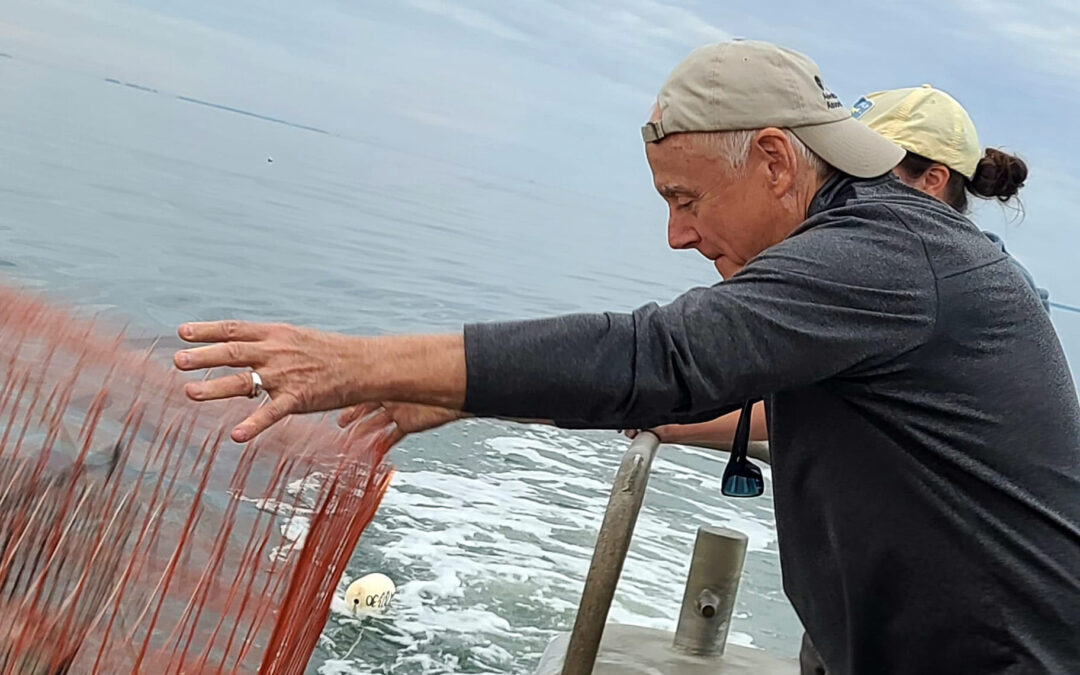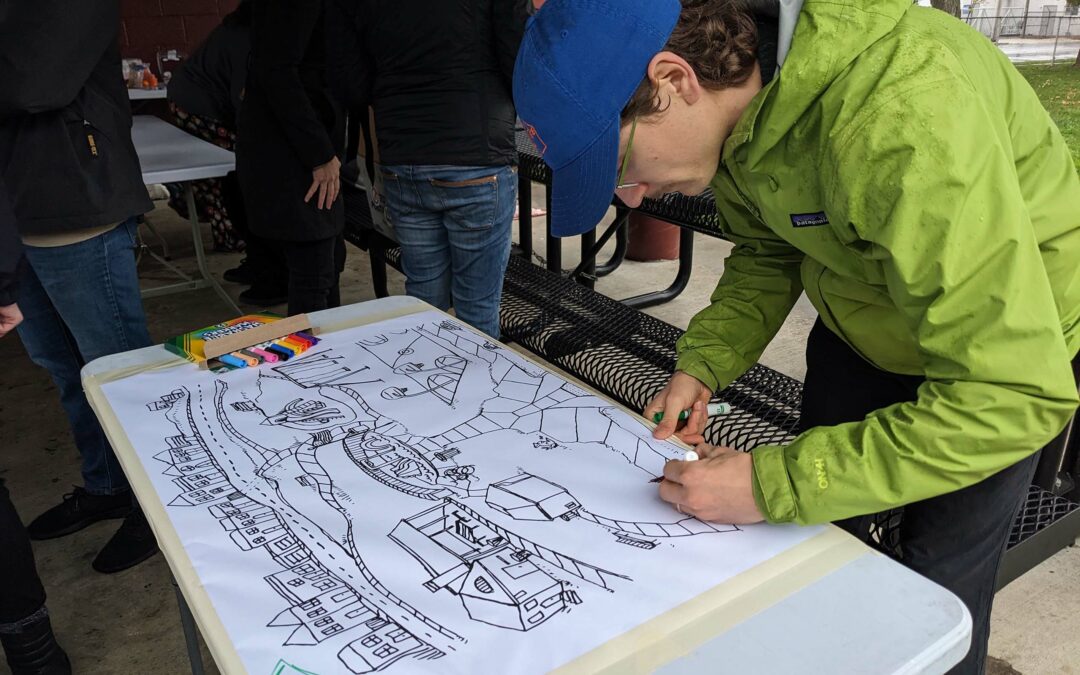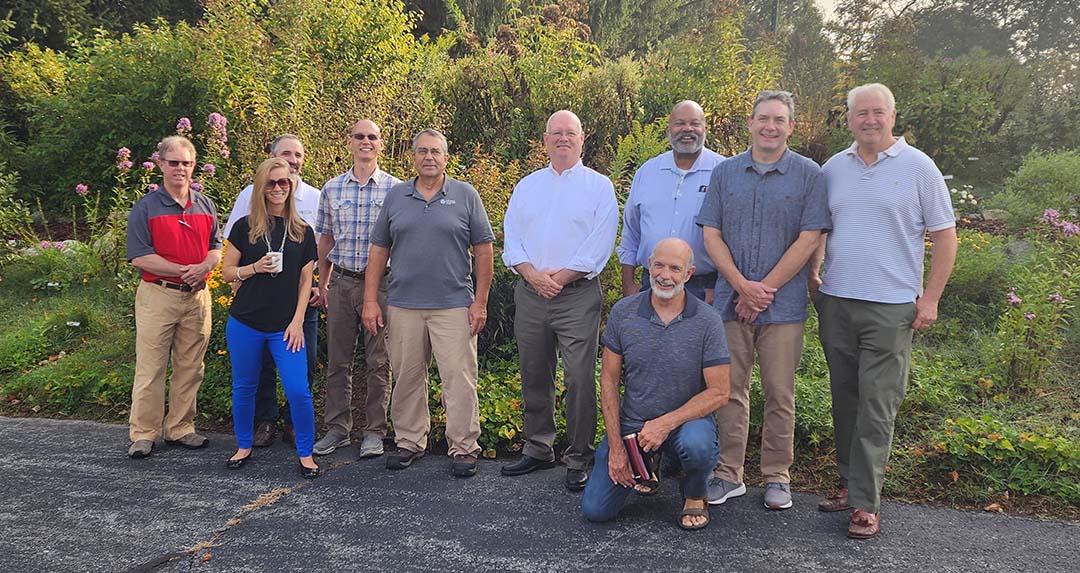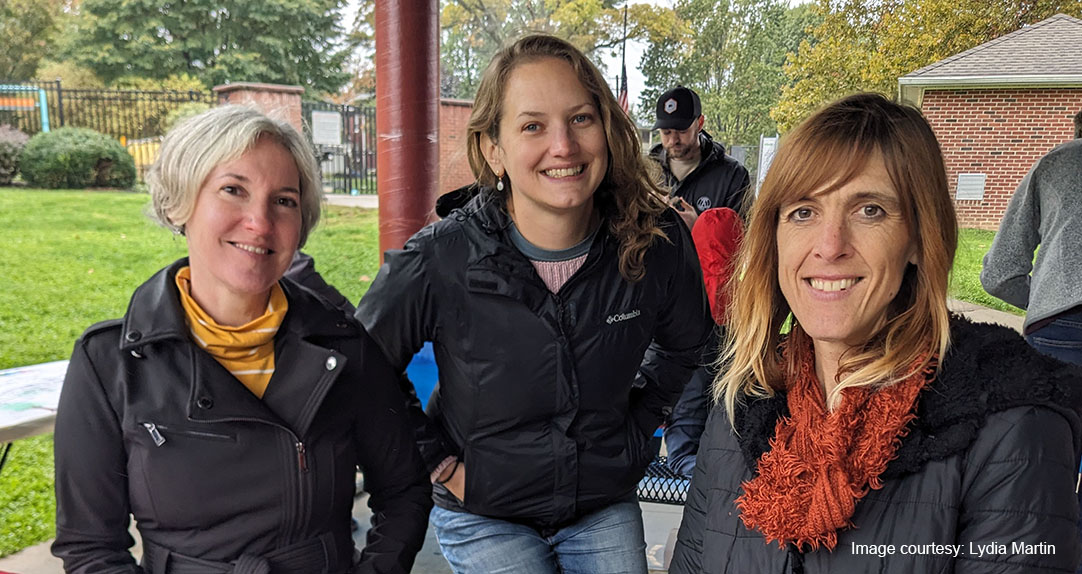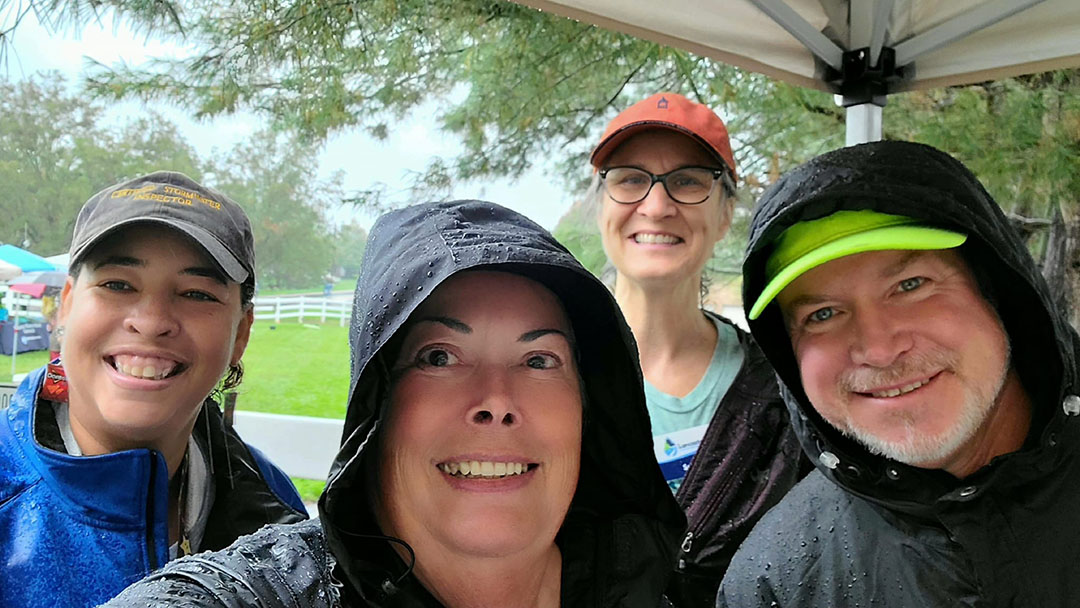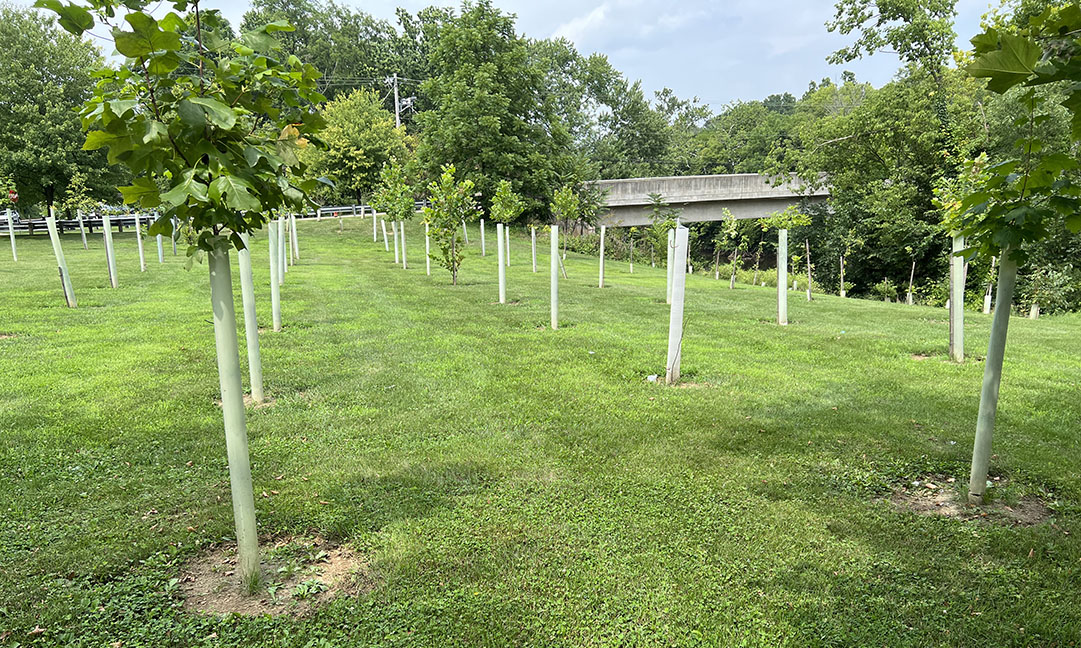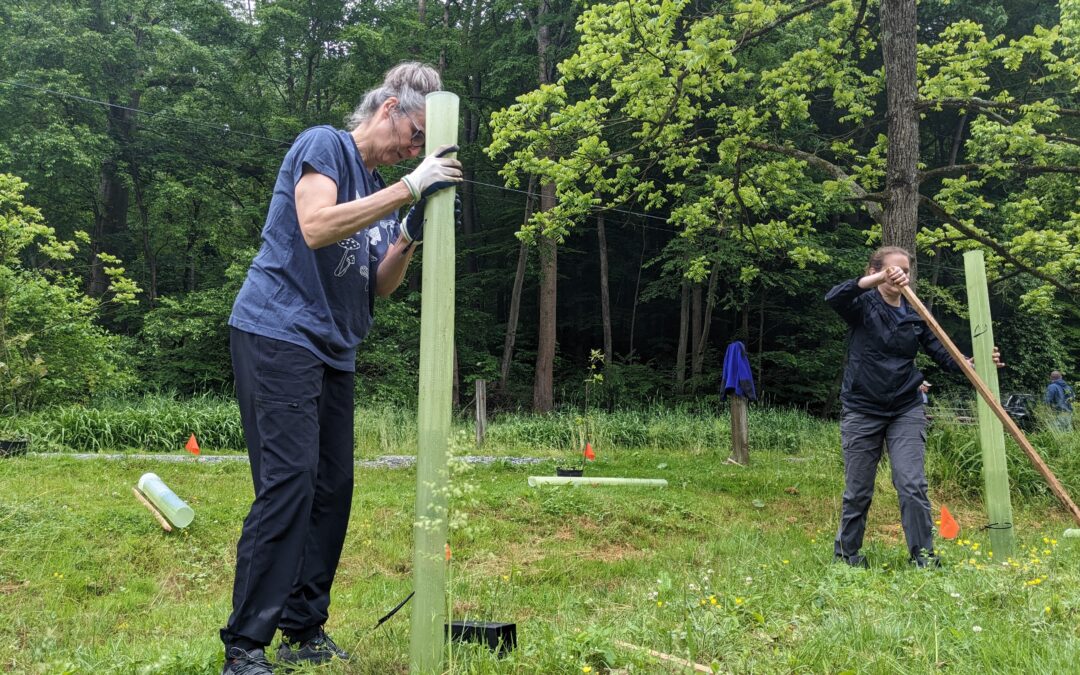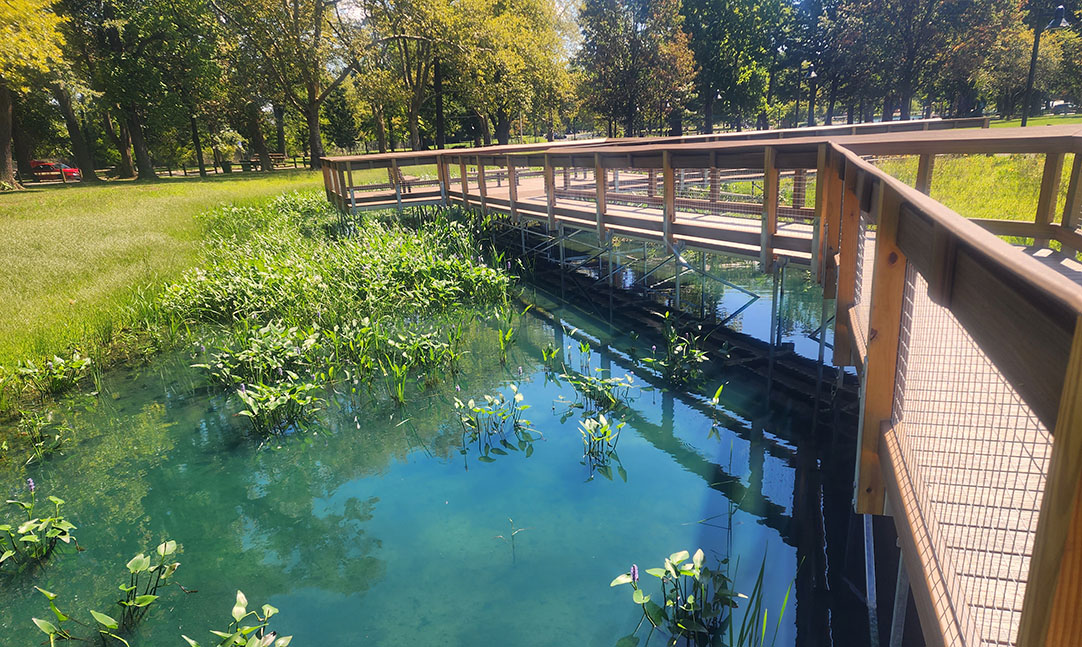Scholar Spotlight: Jim Lewis
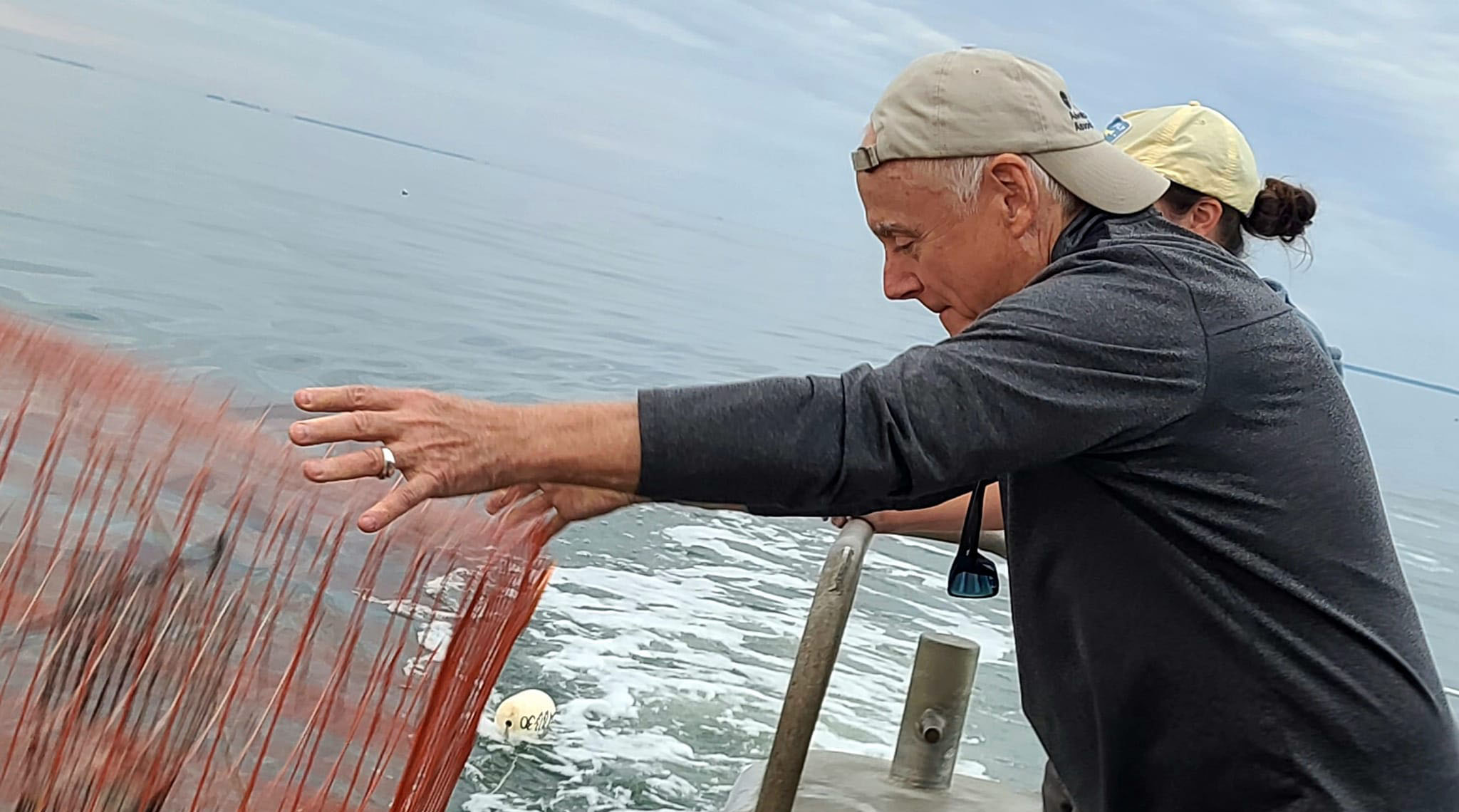
Jim Lewis retired in 2019 from DXC Technologies after spending 40 years in the IT industry. He currently serves as the coordinator for the Lower Susquehanna region of the Master Watershed Steward program for Penn State.
We recently asked Jim about his experience with Lancaster Watershed Leadership Academy.
Q: What inspired you to get involved in the Watershed Leadership Academy?
A: I’m new to the field of conservation, and I felt the Academy would be a great way to expand my skills, knowledge, and experience in the watershed and to build new relationships in this field.
Q: What is your main motivating factor to strive for clean water?
A: We have a unique opportunity to improve water quality for our grandchildren and future generations enormously. They would expect no less of us. I also believe efforts to enhance water quality can help unify county residents behind common goals important to all of us.
Q: What were your first thoughts about the Academy?
A: So far, it has been a wonderful experience. I highly recommend the Academy to anyone considering it – but it is a commitment of time and energy you should be ready for. The technical education and exposure to the entire watershed and all sections of Lancaster County have been very beneficial, and I’ve enjoyed that the most. The leadership exercises can challenge you and take you out of your comfort zone, but that’s where the growth occurs. You must remember you and your fellow scholars are all in the same situation. It’s been challenging and fun, and I’ve made new friends and built relationships. The pace is fast, and it’s hard to believe almost a year has passed since we started.
Q: What do you hope to accomplish through your participation in the Watershed Leadership Academy?
A: Broaden my exposure to the water conservation efforts in Lancaster County and gain a deeper understanding of the issues. I also want to improve my leadership skills to succeed in the water conservation volunteer world and expand my technical skills in the watershed, particularly agriculture.
Q: What has changed in the way you look at the environment since you began the Academy?
A: I’ll never look at a farm field the same way again! I’ve learned how hugely complex the issues are in Lancaster County. It’s an issue of scale. We know what the problems are, and we know how to solve them, but the playing field is incredibly complicated.
For his Academy Action Project, Jim organized a Salt Watch Program for Lancaster County watersheds to advocate for a more innovative road salt application, collecting data about increasing salinity levels via volunteer networks, analyzing the data, and sharing findings with local and state agencies, businesses, and county residents.
“This issue is an emerging threat to water quality in our watersheds,” Jim said, “and we should try to get in front of it.”
When asked what he is learning about himself through his participation in the Academy, Jim replied, “The value of curiosity. Anyone can make a difference in the watershed to improve water quality just by being curious about the environment around you.”





